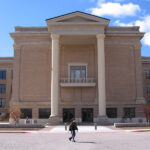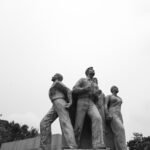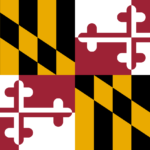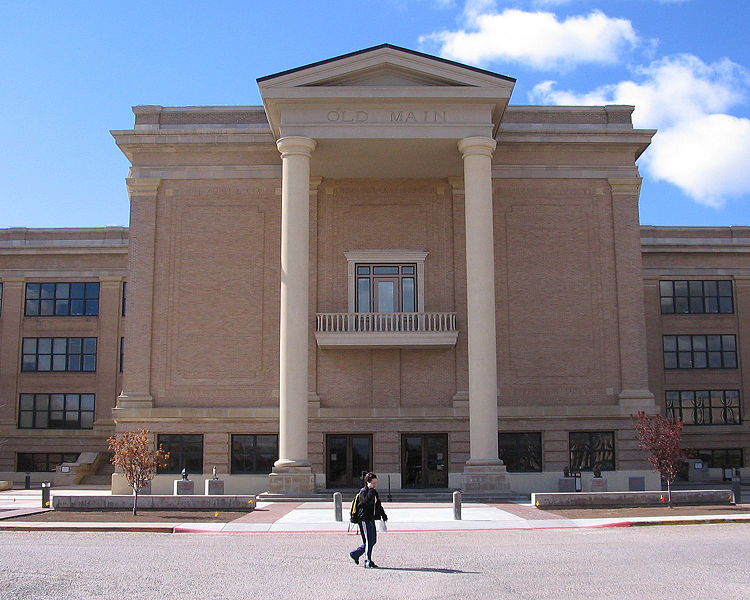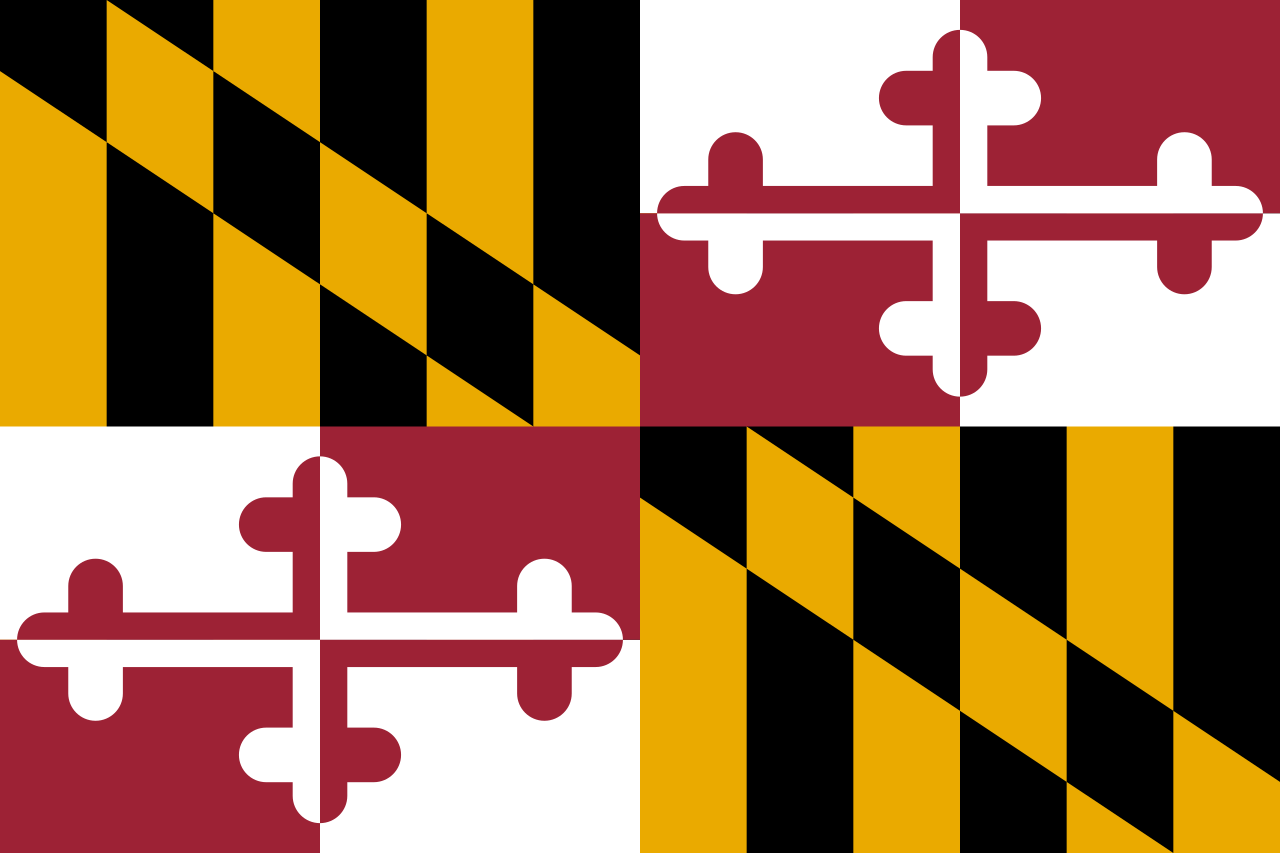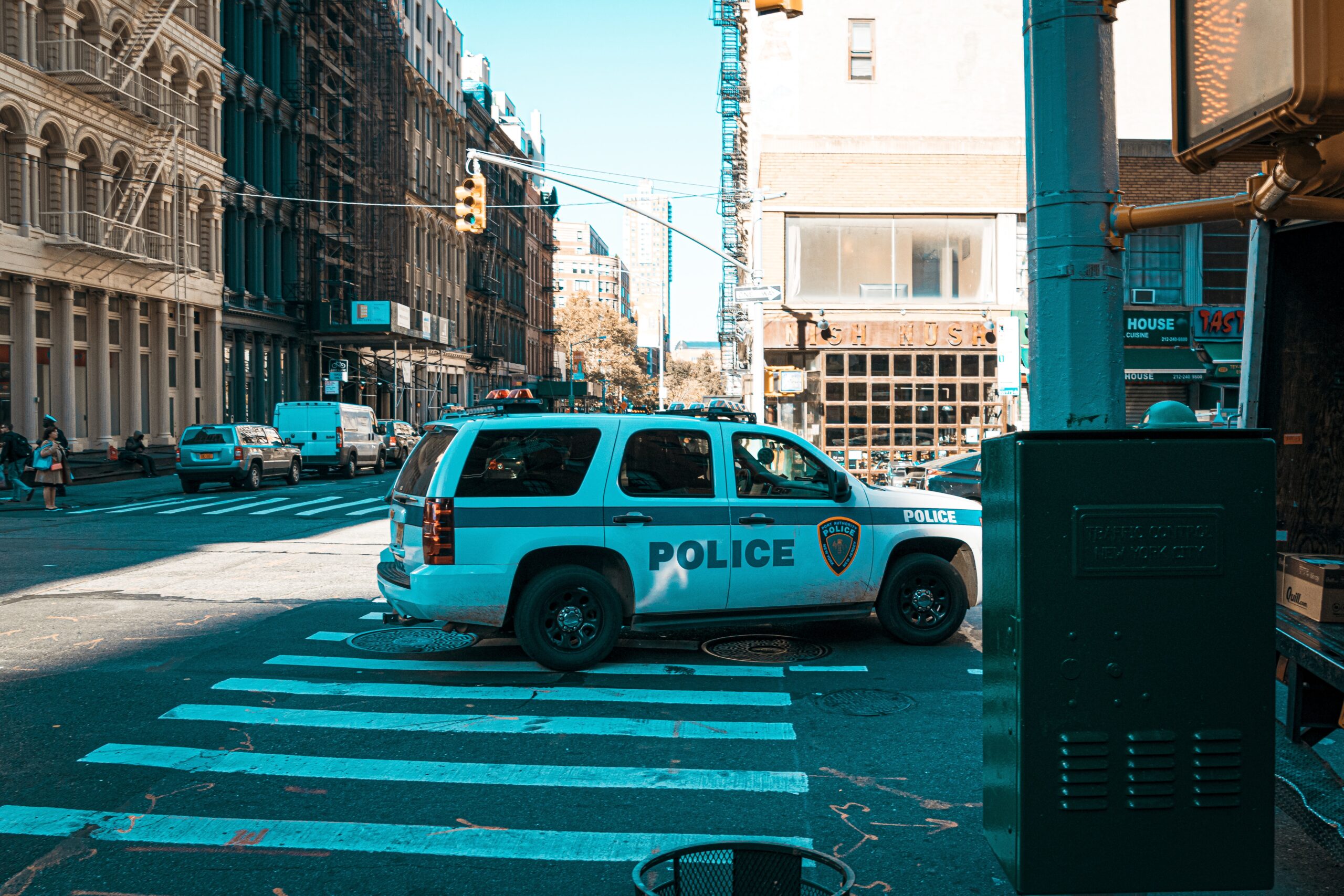President Walter Wendler of West Texas A&M University canceled a drag show raising funds for LGBTQ issues. This has the student body and many First Amendment lawyers fuming. In his own words, he described “such performances degrade women and are derisive, divisive and demoralizing misogyny.”
The lawyers argue that the cancellation violates the rights of students to practice what they believe, and no religious restrictions can be placed on their activity.
We reached out to students, and some are happy that the event was canceled. “I don’t like the gays and queers, and this show promoted that. I am frankly happy that the show was canceled,” – said a Freshman from El Paso.
We also heard students who are against the cancellation “I do not watch drag shows and not paying to go this event, but I believe in their right to organize and conduct events just like many other student organizations do. A few years ago, I tried to get the University to fund an event, and I was declined, but many organization of their choice gets University funding. Their reasoning was our organization is small (minority) and will not appeal to the majority (white) of the students.”
So what is a drag, and what is the queen?
West Texas A&M University canceled a scheduled drag show following concerns raised by some students and community members. The decision to cancel the event was criticized by some as discriminatory and a violation of free speech, while others defended it as necessary to maintain the university’s values and protect the safety of students.
The university cited concerns about the potential for protests and disruptions and the appropriateness of the event for a public university. The cancellation sparked debate about the role of universities in promoting free expression and the rights of LGBTQ+ students and performers.
It’s worth noting that the event cancellation at West Texas A&M is not an isolated incident. Drag shows and other events featuring LGBTQ+ performers have faced opposition and censorship at other universities and public venues. The debate over the appropriate place for these events in public life is ongoing.
Ultimately, whether the cancellation of the drag show was justified is a matter of opinion and interpretation. While some may see it as necessary to protect the safety and values of the university, others may see it as an unjustified infringement on the rights of LGBTQ+ performers and students to express themselves and be heard.
Drag shows have historically been looked down upon by some segments of society because they challenge traditional gender norms and expectations. In a drag show, performers typically dress in exaggerated and often provocative versions of the opposite gender, using makeup, wigs, and costumes to create an over-the-top, theatrical performance.
For some people, this kind of gender-bending performance can be considered controversial or offensive. It can challenge their beliefs about “appropriate” behavior for men and women or make them uncomfortable with people exploring and expressing their gender identity in ways that don’t conform to traditional norms.
In addition to social and cultural attitudes, drag shows have been subject to legal restrictions and discrimination. For many years, drag performers faced harassment and persecution from law enforcement, who saw their performances as immoral or illegal. Some performers also faced discrimination in employment and housing because of their involvement in drag shows.
However, in recent years, attitudes toward drag shows have started to shift. Many people now see drag as a legitimate form of performance art and entertainment and drag performers have gained greater visibility and acceptance in mainstream culture. Drag shows are now a popular form of entertainment, both in LGBTQ+ communities and beyond, and many performers have become celebrities in their own right.

